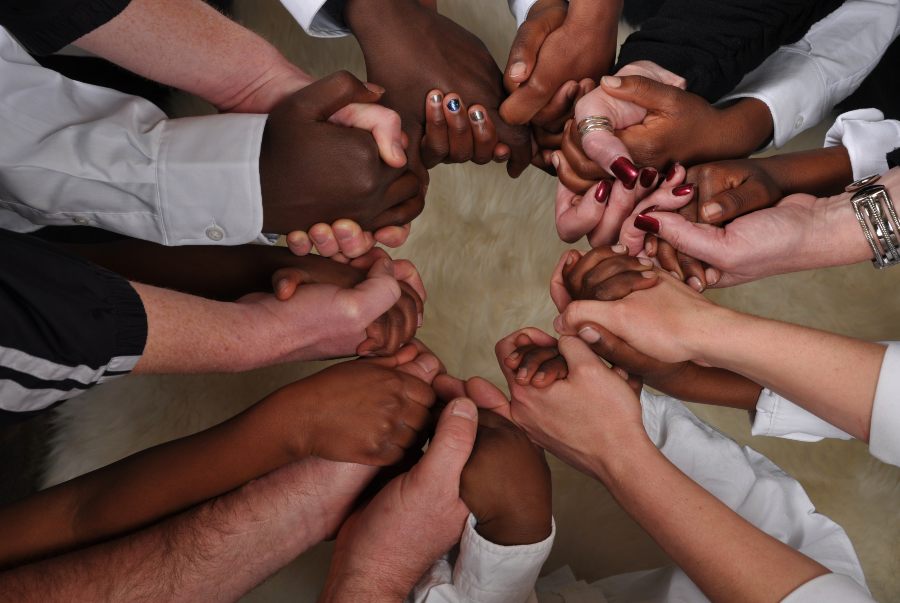
In recent weeks, we have once again been exposed to a scandal involving a prominent Canadian, allegations of racism and a controversy that has continued to expose a deep divide in Canadian society.
Don Cherry was fired from Hockey Night in Canada after he made the following comments during his popular segment ‘Coach’s Corner’:
“You people love… They come here… Whatever it is. They love our way of life. You love our milk and honey. At least you can pay a couple of bucks for a poppy or something like that. These guys pay for your way of life that you enjoy in Canada. These guys paid the biggest price.”
The comments were undoubtedly based on prejudice and racism. They have been discussed at length by many people, including myself. (See the following thread on Twitter: https://twitter.com/SainiLaw/status/1193388435819651072.)
The question we now face is this: what is to be done with Mr. Cherry? As the backlash mounted, his supporters rallied around him, arguing at various stages that his comments were innocuous, not racist or that he should be forgiven. Those who support Mr. Cherry point to the recent controversy involving Mr. Justin Trudeau and the repeated instances of him wearing ‘blackface’ and ‘brownface’. The former has been fired and the latter is still Prime Minister of Canada. So, what is the difference?
The prime distinction is remorse. Upon having his bigotry exposed, Mr. Trudeau faced the cameras, owned up to his actions and apologized. He made no real excuses. He did not minimize; he did not blame others. As individuals we were all able to assess whether his remorse was genuine. Some felt that it was; others disagreed. Personally, I was unsure whether I would vote for him. There were different factors everyone could take into account when assessing whether he should be forgiven. They include – but were not limited to – the wording of his apology, his demeanour when he gave it, his timing and potential motives. It was not lost upon people that he had every reason to appear contrite during a heated election campaign.
In assessing Mr. Trudeau, it was also important to look at his treatment of peoples of colour during his political career to date. What has he done to alleviate the barriers that traditionally disadvantaged groups face? Were those efforts enough to forgive him for the severe lapses in his past and were those efforts enough to give the public confidence that he was no longer a racist?
Mr. Cherry has not afforded himself the benefit of the doubt. He has not apologized. In some interviews he has appeared to double down on his views. He has also invited people to interpret his words in an innocent way even though they do not support such an interpretation. Until and unless he offers an apology, the foundation and framework needed to discuss whether he should be forgiven does not even exist.
So often when historical evidence arises of a public figure saying or doing something inappropriate the immediate response is to ‘cancel’ that person. They are banished from good society and prevented from re-entering public life. In some instances, this is certainly appropriate. However, this will not always be the case. As a society, we MUST leave room for redemption and forgiveness in cases where it is warranted. As a criminal defence lawyer who has been called upon to defend people who have committed heinous acts, I am well aware that even the guiltiest among us is capable of rehabilitation and deserves to be reintroduced into society. In fact, I have often argued that as a society we have a duty to try to help people do just that.
The same is true of people who make racist comments or commit racist acts. As insidious and hurtful as those comments are, they may not reflect the true nature of the person who said them. And even if they do, if that person makes a meaningful change, there must remain room for forgiveness. People learn.
As regards Mr. Trudeau, many people concluded that he was not a racist and/or he should be forgiven for his past indiscretions. Others disagreed. The fact remains that there is a discussion to be had because he made an effort. Mr. Cherry has not made that effort and hence he cannot be forgiven for the words for which he has expressed no remorse.
Supporters of Mr. Cherry say, ‘What about Justin?’ The use of ‘what about-ism’ as an argument is problematic for many reasons. But, in this instance, it is also not applicable.
Mr. Cherry will undoubtedly land on his feet. Even without his CBC position, he has his millions of dollars, legions of supporters and adoring fans. There is a strong likelihood that he will eventually be courted by various media outlets after this controversy dies down. Hopefully, he will learn something from this experience before this happens. Don Cherry has been a Canadian icon for decades even if he did not deserve to be. Throughout that time, he used his national stage to make disparaging comments about several categories of people. He was finally crushed under the weight of his own bigotry. When he re-emerges, my hope is that he will be humbled by this experience and have a genuine change of heart.

